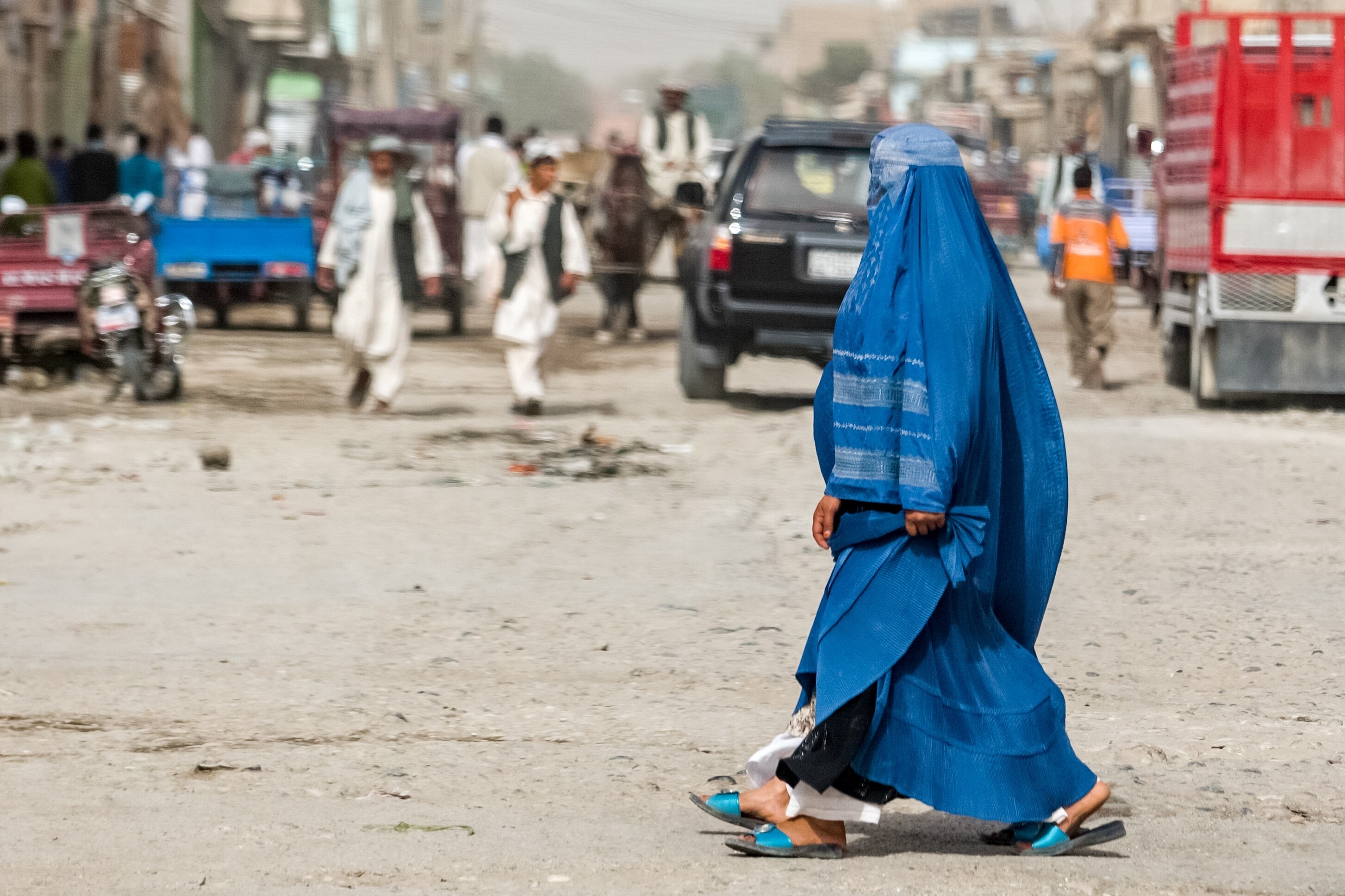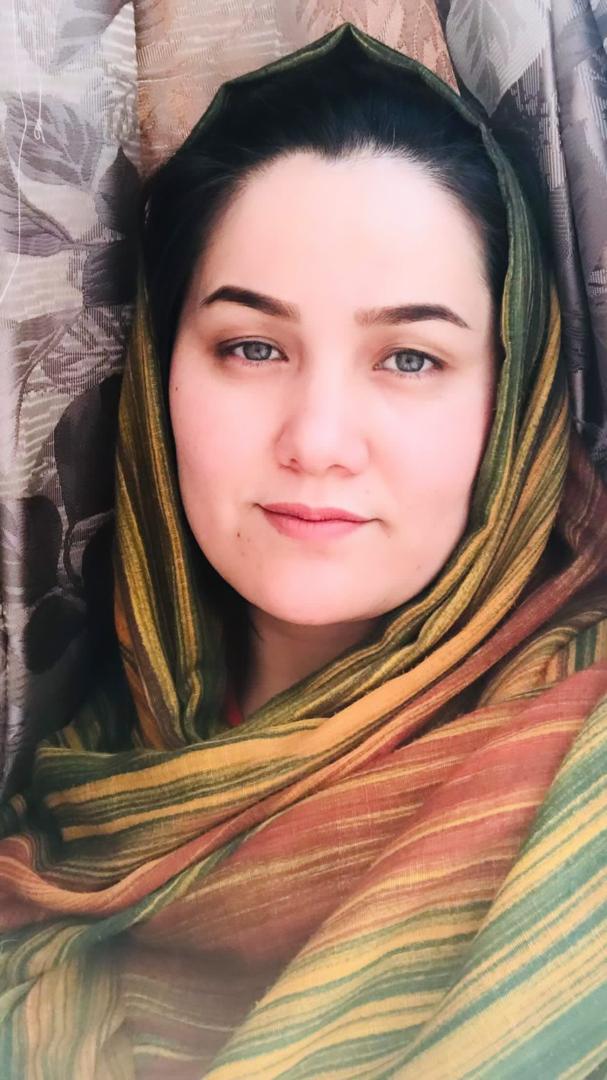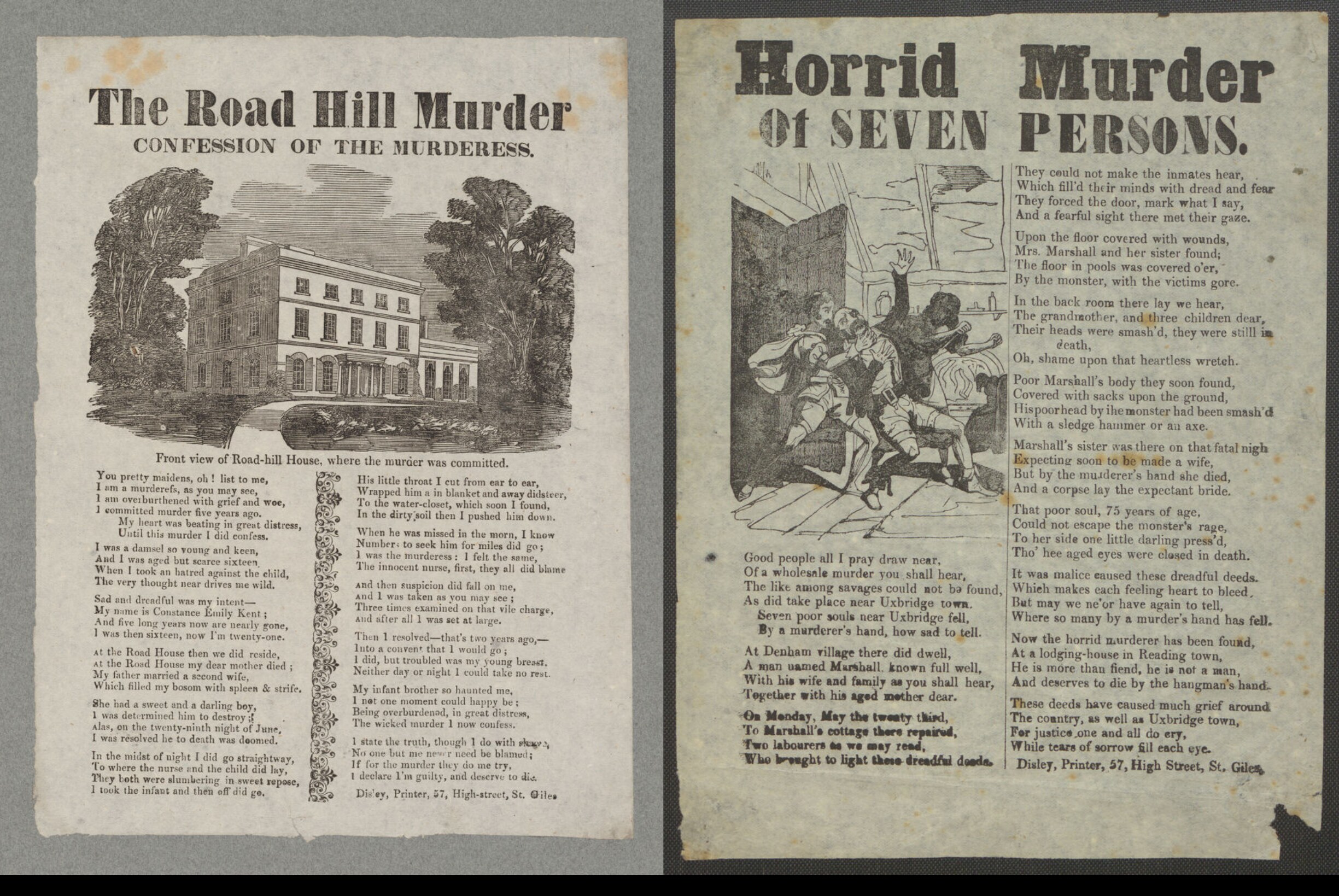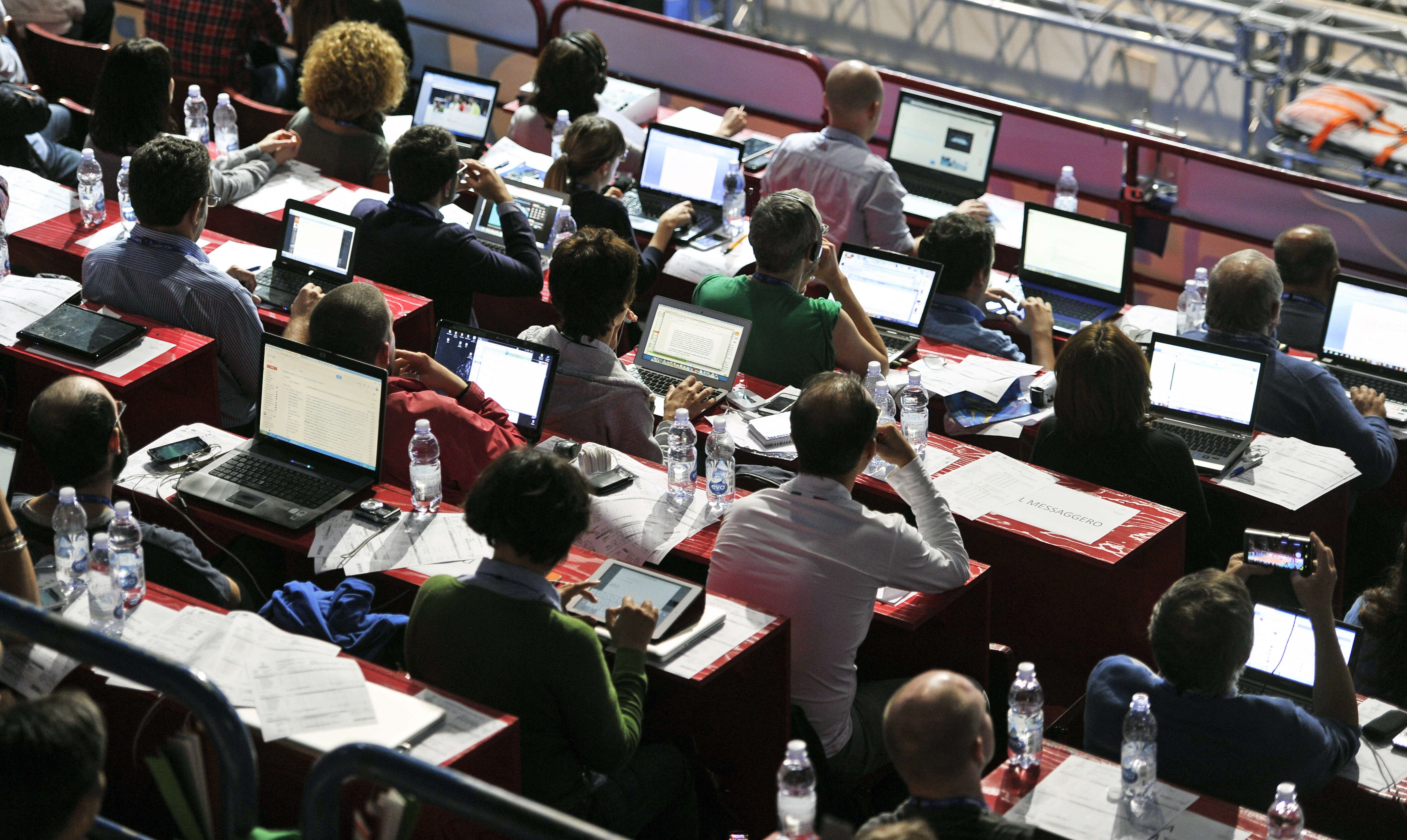تسير الحافلة السياحية وسط العاصمة البريطانية لندن في غمرة انبهار واضح من الركاب، تتوزع أنظارهم بين معلم هنا أو متجر لافت هناك. فجأة تشخص أبصارهم نحو معلم واحد يصوبون إليه جوالاتهم بينما يخبرهم قائد الرحلة إنهم أمام "بوش هاوس" مقر الخدمة الدولية لبي بي سي.. من هنا تبث هيئة الإذاعة البريطانية بأكثر من أربعين لغة حول العالم.
لا حاجة لكثير من التفاصيل فربما بوحي من تلك الإذاعة جاء السياح إلى هنا وربما، بفضلها وجدت البلاد مساحة وافرة على خريطة السياحة بين الأجيال الجديدة وصارت معها دقات ساعة "بيغ بن" من أشهر المواقع حول العالم.
القرار البريطاني بإغلاق جزء كبير من الخدمات الخارجية لبي بي سي ربما كان صعبا ومؤجلا على مدى أزمات اقتصادية عديدة شهدتها البلاد، ولكن توالي الأزمنة الصعبة دفع نحو تغيير الأولويات، فلا مكان لكثير من النفقات على القوة الناعمة حين تكون الحروب العسكرية والاقتصادية تلوح بنذرها على العالم.
تقول رواية المؤسسة إن الإغلاق يهدف لتطوير قطاعات جديدة من بينها قطاع رقمي يكتسب حضورا لدى الأجيال الجديدة، وهذا تفسير لا يمكن التعويل عليه كثيرا لازدحام السوق بمنتجات رقمية وغياب البنية التحتية في كثير من الدول العربية عن مواكبة قطاع الإنترنت وارتفاع تكاليفه مما سيحرم قطاعات واسعة من هذه الخدمات، كما أن هذه المبررات تساق عادة ضمن محاولة لتخفيف آثار أعباء لم تتمكن الجهات المعنية من التوفيق فيها بين القديم والجديد.
ما الذي عنته بي بي سي لمتابعيها؟
بنجاح كبير استطاعت بي بي سي الوصول إلى قلوب وعقول مئات الملايين حول العالم ونفذت بخدماتها إلى آذانهم متجاوزة بهدوء إدراكا واضحا لديهم بأنها جزء من أدوات السياسة البريطانية.
وعلى مدى عقود لعبت بي بي سي بذكاء على الاقتراب من الشأن المحلي للجمهور في مساحة تغطي معظم الكرة الأرضية وتنقل الأحداث بعيون بريطانية تعايش معها عشاقها ليتمكن الطرفان معا من كسر الحاجز النفسي بين المرسل والمتلقي.
تجاوز المستمع العربي في كثير من الحالات مفارقة أن الخبر يصل إليه من البلد الذي يشارك في العدوان الثلاثي على مصر وتساهم جيوشه في غزو العراق وقبل ذلك كانت صاحبة أول قرار بتسهيل احتلال فلسطين.
في أفغانستان تقول الطرفة إن أبناء البلاد كانوا يحسبون مواقيت صلواتهم بمواعيد بث الخدمة المحلية لبي بي سي باللغتين الفارسية والبشتو!
لم تكن مجرد إذاعة فقط. ذلك أنه في السياق العربي كانت صاحبة الكلمة الأولى في خلق معجم سياسي عربي استطاع في وقت مبكر تعريب المفردات ونشرها على نطاق واسع وصاغ على مدى عقود ثقافة أجيال كاملة نقلت لهم أصوات قراء القرآن إلى جانب كبار الشعراء والمثقفين ومن روجت لهم من مشاهير الغناء.
وفي حين كانت الإذاعات المحلية عاجزة عن الوصول للمستمع العربي على مدى اتساع رقعته وفرت الخدمة العربية صوتا واحدا يصل إلى معظم دول المنطقة فساهمت في تقريب ألسنتهم وقضاياهم والتعريف بهمومهم الوطنية.
وللمرة الأولى مع هيئة الإذاعة البريطانية تجاوز المستمع سياقه القطري إلى فضاء عربي أرحب يسمع من خلاله أفضل الأصوات والأداء والمنوعات من كوادر لم يتم اختيارها بناء على مصالح حكومية أو ولاءات سياسية بل بخبرات عابرة للحدود جمعت الشامي بالمغربي على أساس الكفاءة وجودة الأداء.
ووجد النقاش واختلاف الرأي موقعا ما كانت لتتسع له في الستينيات والسبعينيات من القرن الماضي أدوات الإعلام الحكومي المستقطبة بأيديولوجيات متعارضة في كثير منها عبر رقعة العالم العربي.
الدلالات
أيا كان الخطب الذي دفع بالقائمين على المؤسسة لاتخاذ القرار فإن الملف برمته يحمل دلالة واحدة عنوانها هو التراجع على عدة أصعدة: تراجع الاهتمام بريطانيا بمنطقتنا العربية والسياسة الخارجية كجزء من حالة الانكفاء التي يشهدها المزاج الشعبي البريطاني، تراجع الاهتمام بالقوة الناعمة وملفات الديمقراطية والحريات لحساب مقومات ذات جدوى اقتصادية ناجزة، تراجع المزاج الشعبي عموما وفي عالمنا العربي خصوصا في الاهتمام بالأخبار والسياسة تحت وطأة الأزمات الاقتصادية والتجربة المريرة التي شهدها العالم العربي خلال العقد الأخير بعد الربيع العربي ثم تراجع الاهتمام بوسائل الإعلام التقليدية التي شهدت خفوتا في شعبيتها لصالح تطبيقات الهواتف الذكية ومواقع الإنترنت.
وهنا لا بد من الإشارة إلى مسؤولية مشتركة تتحمل بي بي سي جانبا منها، فحملات التخفيض المتلاحقة في الموازنة دفعت إلى تراجع في المقدرات والإمكانات واستغناء عن خدمات وابتكارات أفقدت الإذاعة، خلال سنوات، الكثير من رونقها وإبداعاتها وعاشت معها على إرث تاريخي لم يعمر طويلا.
وأثناء انتشار جائحة كورونا بدا أن كثيرا من النشرات كانت معلبة جاهزة تحاول أن تغالب الزمن وتتستر برداء البودكاست لتقدم مادة توشك صلاحيتها على النفاد، كما أن ضعف الإمكانات أفقد الإذاعة القدرة على متابعة الكثير من الأحداث المباشرة وأجبرها على الربط المباشر بالتلفزيون للحاق بتغطية الفضائيات الإخبارية المنافسة.
الرابحون والخاسرون
يظل الفضاء الإعلامي العربي أبرز الخاسرين بفقدانه لونا آخر من ألوان التنوع التي عاشها خلال السنوات الماضية، فخسارة أرضية شكلت مساحة معقولة للرأي والرأي الآخر سيحرم المتلقي من شكل من أشكال التعددية. صحيح أن الفضائيات، ثم لاحقا وسائل التواصل شغلت جانبا كبيرا من المشهد، لكن قطاعا واسعا عبر السيارات والحوانيت التقليدية يحن إلى صوت ما في الخلفية يفر إليه في لحظات الفراغ.
كما ستخسر كليات الإعلام نافذة على الإعلام الغربي كانت توفرها بي بي سي بوجودها في لندن وقربها من مطابخ الإعلام الغربي وصناع القرار الأنجلوساكسوني، كما سيخسرون، أيضا، مساحة بحثية رصينة بقيت رغم ضعفها تمثل نموذجا لإعلام قريب من أصل المهنة، وهو الاقتراب من المتلقي ونقل المعلومة إليه.
أما الرابحون فهي الأنظمة التي ما زالت تمول بالملايين دكاكينها وماكيناتها الإعلامية بالسردية الأحادية، وهي التي انتقدت لعقود دوائر القرار البريطانية بسبب الاختيارات التحريرية للإذاعة في تقاريرها ومقابلاتها.
وفي قائمة الرابحين مواقع الإنترنت بشقيها؛ الجادة التي قد تستقطب المزيد من المطالعات الرصينة والنفس الحريص على المعرفة، ثم تلك البائسة القائمة على فكرة النسخ واللصق والصحافة الصفراء التي تزداد رواجا مع كل نقرة بحث على الإنترنت.
ختاما تقول إحدى حكايات بي بي سي إن أحد أشهر محرريها وهو السياسي السوداني المرحوم محمد خير البدوي كان مشغولا ذات يوم بتحرير خبر يتضمن تحذيرا من حرب وشيكة، وكتب عبارة تقول إن مسؤولا ما حذر من إرهاصات حرب وشيكة وفي تلك اللحظة يقرع هاتف المكتب ليبلغه المدير بأن تخفيضات في الموازنة تحتم على القسم أن يقلل من خدماته. استقبل صاحبنا الخبر بامتعاض وعاد ليكمل خبره ولكنه في تلك اللحظة قرر أن يستغني عن كلمة "إرهاصات" ويستبدلها بكلمة "نذر" وهو يتمتم: إنهم لا يستحقون الجزيل من العبارة بل نبذل لهم فقط بمقدار ما يقدمون لنا!
وهكذا تظل أزمة كلمة الإعلام الحرة وصلتها بالتمويل جدلية شائكة في إعلامنا العربي الذي لم يتحرر ولا يبدو أنه سيتحرر قريبا من عقدة التمويل.












































